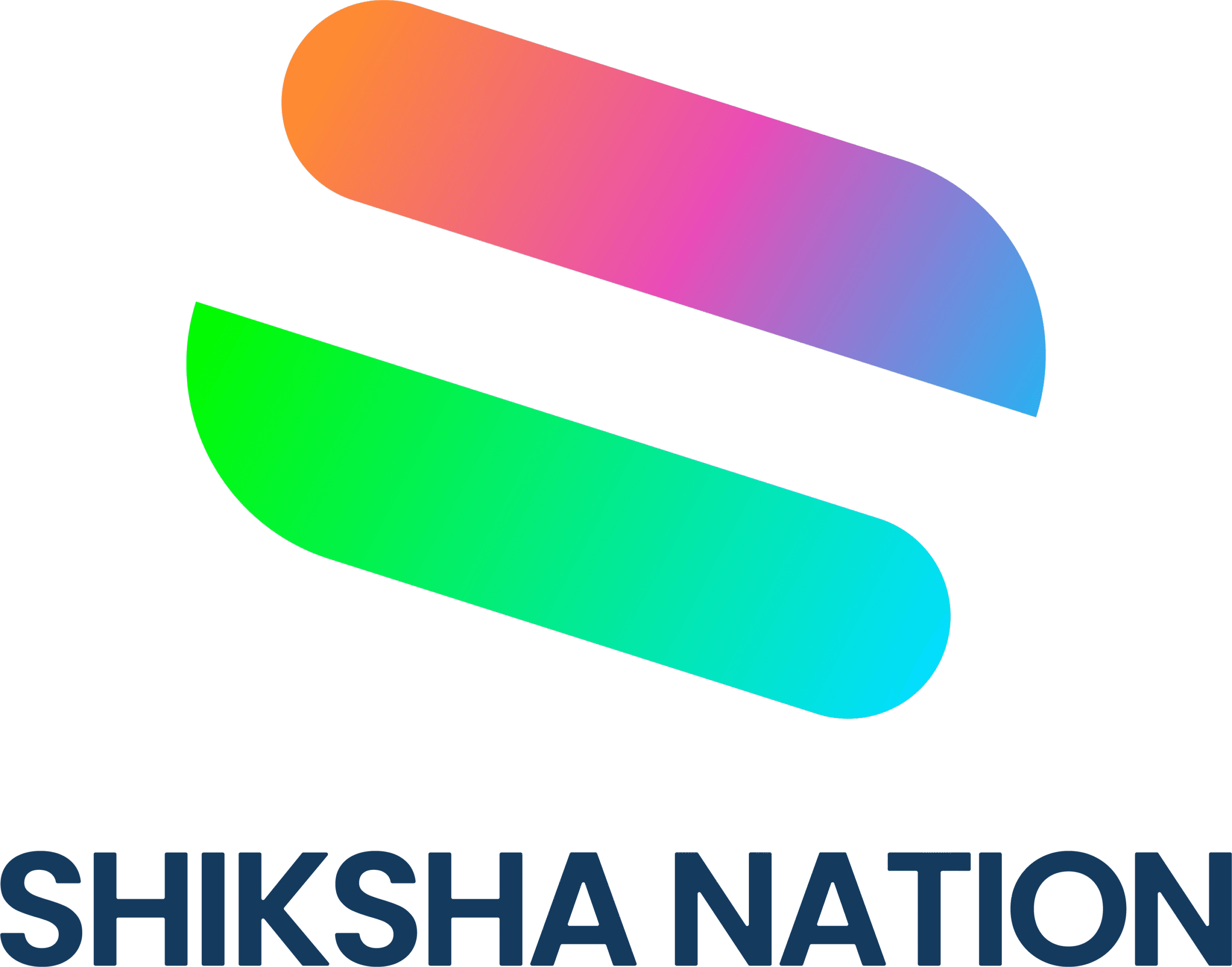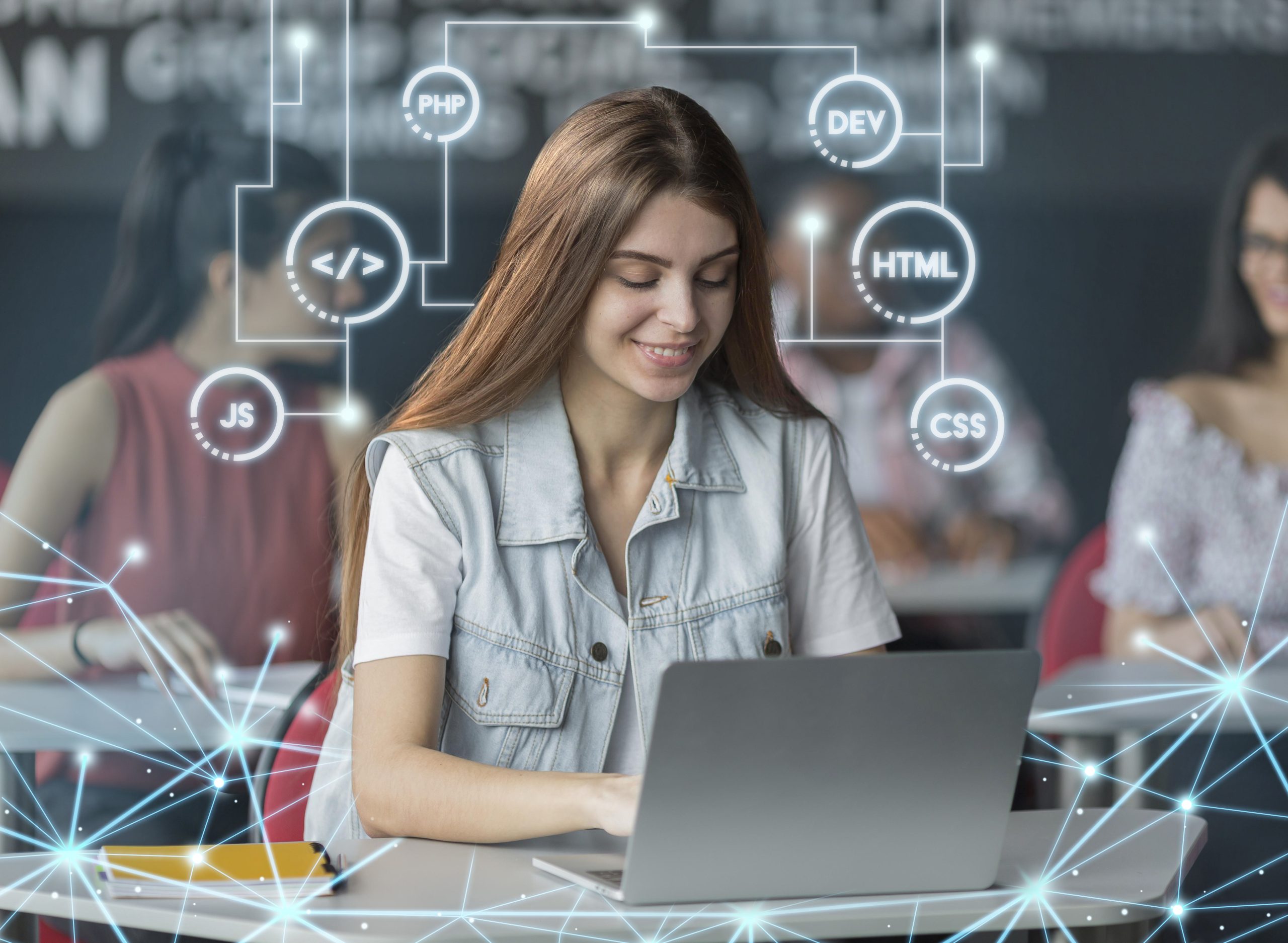AI in Education: Building Future-Ready Skills
The world of education is evolving rapidly, and artificial intelligence in education is at the centre of this transformation. Today, learning is no longer limited to textbooks or classrooms. Instead, technology is helping students develop practical, future-ready skills. From adaptive learning platforms to intelligent tutors, AI is making education more personalised, engaging, and skill-orientated than ever before.
The Evolution of Learning Through AI
Education is shifting from rote memorisation to experiential, skill-based learning. Traditional systems often focused on exam results, but the AI-driven education system prioritises critical thinking, creativity, and problem-solving.
With tools powered by machine learning and data analytics, teachers can identify student strengths and weaknesses and provide customised learning experiences. These systems adapt to each learner’s needs — a powerful upgrade from the one-size-fits-all teaching approach.
How AI Empowers Skill-Based Learning
The integration of AI tools in education makes skill acquisition more efficient and measurable. Students are no longer passive learners; they engage through simulations, instant feedback, and practical exercises that mimic real-world challenges.
1. Personalized Learning Experiences
AI analyses student data and tailors lessons accordingly. This means that every learner progresses at their own pace, mastering one concept before moving to the next.
2. Real-Time Feedback and Improvement
Instead of waiting days for grades, AI-powered systems give immediate feedback. This instant insight helps students understand their mistakes, build confidence, and grow faster.
3. Immersive Learning with AR & VR
When AI combines with augmented and virtual reality, it creates powerful learning environments. Students can explore a virtual lab, conduct experiments, or simulate complex real-world problems — all through experiential learning.
4. Beyond Academics – Life Skills Training
AI-driven chatbots and digital mentors also assist in developing soft skills such as communication, leadership, and adaptability. These are essential for success in the modern workplace.
Preparing Students for the Future Job Market
As automation and AI reshape industries, students need to master both technical and human-centred skills. The role of artificial intelligence in education is to equip learners with digital literacy, problem-solving abilities, and creative thinking.
By analysing global job trends, AI helps educators design courses that match real-world needs — bridging the gap between classroom learning and career readiness.
Real-World Applications of AI in Education
The practical uses of AI in modern classrooms are already widespread:
-
AI Tutors and Learning Assistants: Tools like ChatGPT, Coursera AI, and Shiksha Nation’s smart systems personalise education for every learner.
-
Smart Assessments: Automated grading and analytics make evaluation faster and more accurate.
-
Language Learning Tools: AI supports multilingual education, making learning inclusive for all students.
-
Predictive Learning Systems: Educators can predict who needs extra help and intervene early.
Benefits of Integrating AI into Learning
Integrating AI technology in education offers several measurable advantages:
-
Enhanced personalization
-
Increased accessibility
-
Time-saving automation for teachers
-
Curriculum aligned with real-world skills
-
Motivation and engagement through gamified learning
These benefits make learning not just efficient but enjoyable, empowering both teachers and students.
Challenges and the Way Forward
While AI-powered education offers numerous benefits, challenges like unequal access to technology, data privacy, and lack of teacher training remain. To overcome these, governments, schools, and tech companies must collaborate to ensure ethical and inclusive AI implementation.
In the future, AI will act as a teaching assistant — helping educators focus on creativity and mentorship, while AI manages grading, analytics, and personalisation.
Conclusion
Artificial intelligence in education is not about replacing teachers—it’s about empowering them and enhancing the learning experience. When used wisely, AI creates a bridge between theoretical knowledge and practical skills, helping students become innovators and problem-solvers.
At Shiksha Nation, we believe the future belongs to learners who combine curiosity with technology. By embracing AI-powered education, students are not just preparing for exams—they’re preparing for life.
Also Read: AI in Education: How Students Can Learn Complex Topics Faster


